
Wisdom teeth, also known as third molars are the last set of teeth that begin to erupt between the ages of 17 and 21. As the 4 molar teeth appear after a person attains maturity (in late teens or early twenties), they hold this name but our mouth and jaw cannot have room for these teeth.
It pushes the wisdom teeth trap between the gums and bone, erupt sideways, and even erupt partially. Such incorrect eruptions are the root cause of various consequences associated with wisdom teeth such as crowded teeth, pain in the jaw, etc.
Similarly, the third molar teeth also decay and develop infections that provide a way for various dental problems. Keep reading to know more about wisdom teeth infections.
How does wisdom teeth infection happen?
In general, the wisdom teeth are located at the end of your mouth. Likewise, the spaces in those regions are close so that the food debris and bacteria can easily be trapped. Moreover, it is hard to clean such partially erupted teeth are difficult to clean as the toothbrush bristles and flossing wires cannot reach the back of your mouth where the wisdom teeth are located.
This makes various oral bacteria such as Peptostreptococcus, Streptococcus, Eikenella corrodens, and others stick over the rough surfaces of the teeth and accumulate, followed by developing cavities.
On the other hand, treating such infected wisdom teeth is a tedious thing because a flap of gum is covered the partially erupted tooth.
What are the wisdom teeth infection treatments a dentist provides?
Typically, dentists prefer dental fillings to treat a decayed tooth. If the infection is quite deep, root canal therapy (RCT) is mandatory to preserve the tooth. For infection in wisdom teeth such as wisdom teeth cavities, those treatments are not sufficient to repair in most cases.
Repairing or treating an infected third molar tooth is possible only if the tooth is fully developed and it is not covered with gums. Otherwise, wisdom teeth extraction is the best solution to get rid of infection and discomforts in impacted teeth.
Here are the dental treatments you can receive in a dental office for wisdom teeth infections. Your teeth would determine the right one after inspecting the affected area through X-rays.
- Medications – Antibiotics like Penicillin, Amoxicillin are required to clean the infected regions around the third molar teeth and prevent the infection from spreading to the neighboring tissues. Similarly, pain killers such as ibuprofen are also recommended to reduce pain in or around the wisdom teeth.
- Repair – Keep in mind that repairing is possible for a fully erupted wisdom tooth. It involves the dentists remove the rough surfaces of the teeth and mount a dental crown to prevent the deposition of food, bacteria over the teeth surfaces.
- Surgical extraction – Wisdom teeth extraction is recommended not just to address infections in third molar teeth but also to avert various discomforts. This is a surgical procedure that involves removing those teeth under general anesthesia.
Wisdom teeth eruption is inevitable but you can prevent the infection around those third molar teeth with timely checkups. We advise our patients to take a look at the discomforts or abnormal things in teeth, gums, and jaw bone to detect dental problems. Wisdom teeth infection is not an exception.
If you notice signs like pain and swelling in the jaw, stiffness in the jaw, difficulty in chewing, bad breath, white-colored fluid oozing around your teeth, visit your dentist because these are the possible warning signs of wisdom teeth infection.

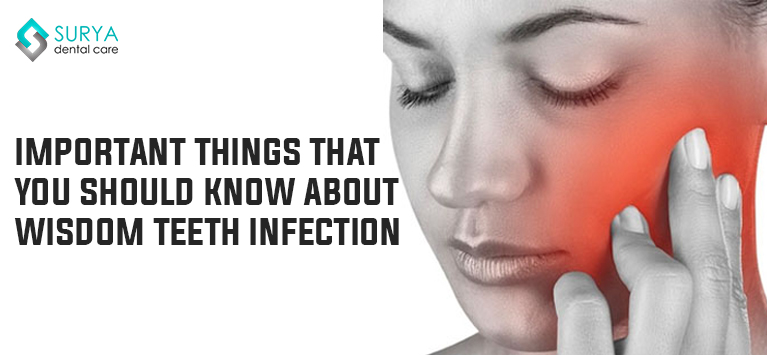

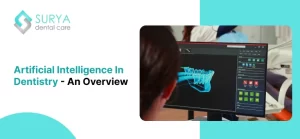



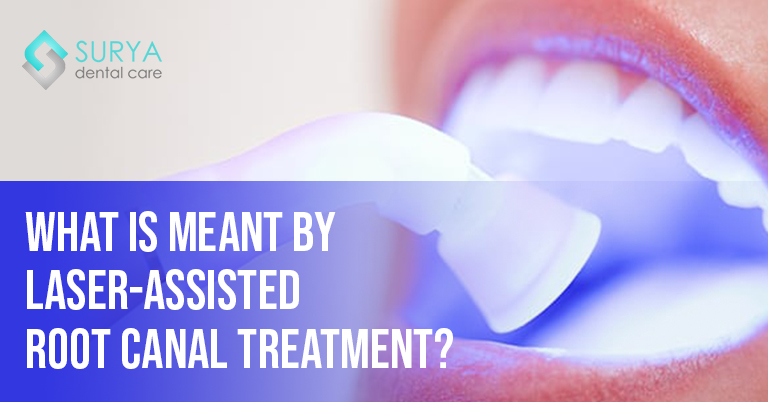


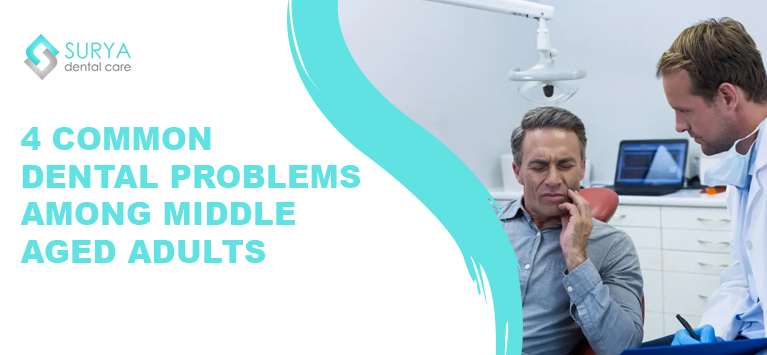
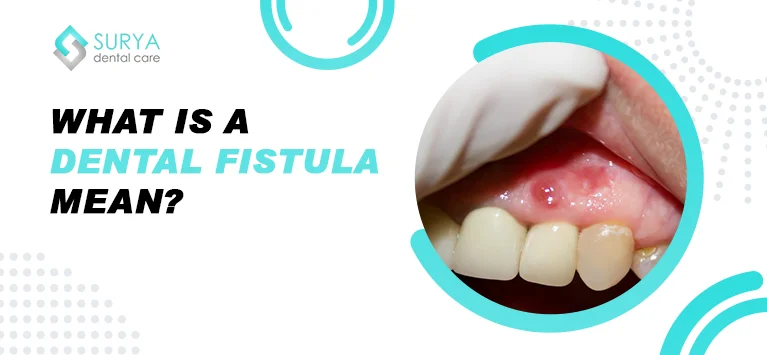
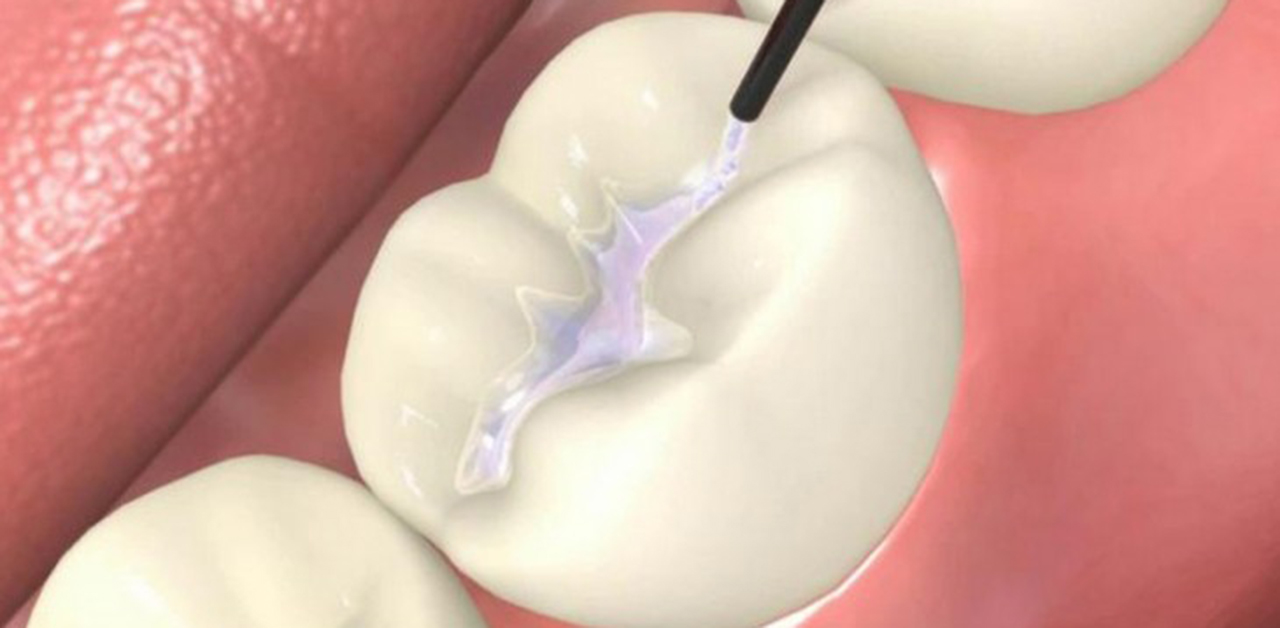





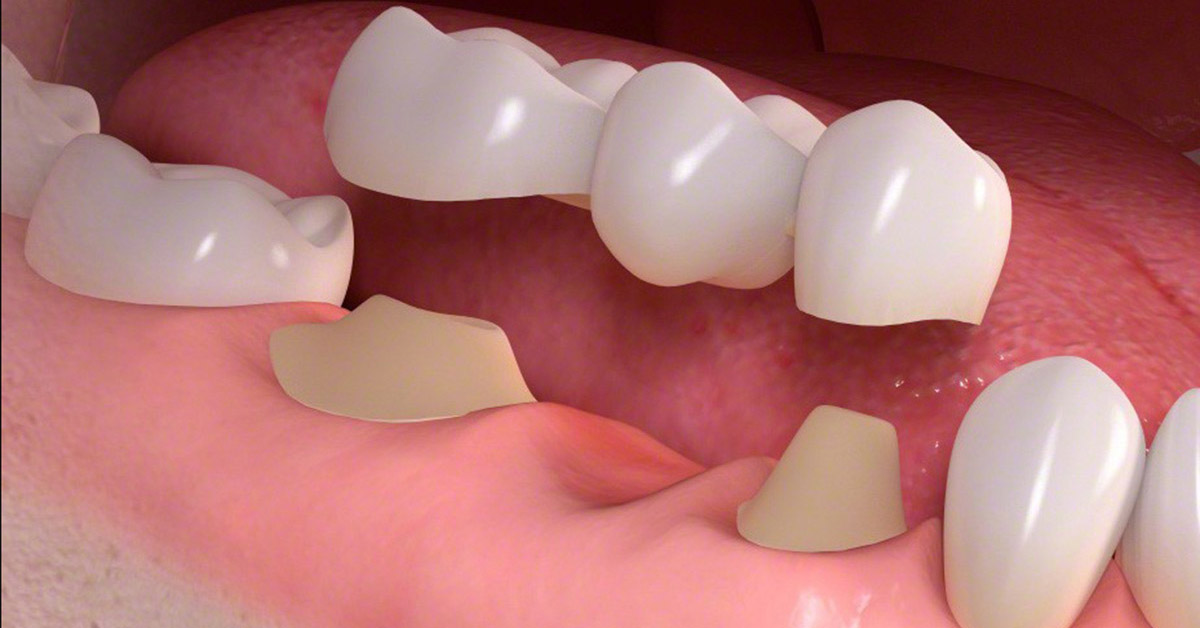



Leave a Comment